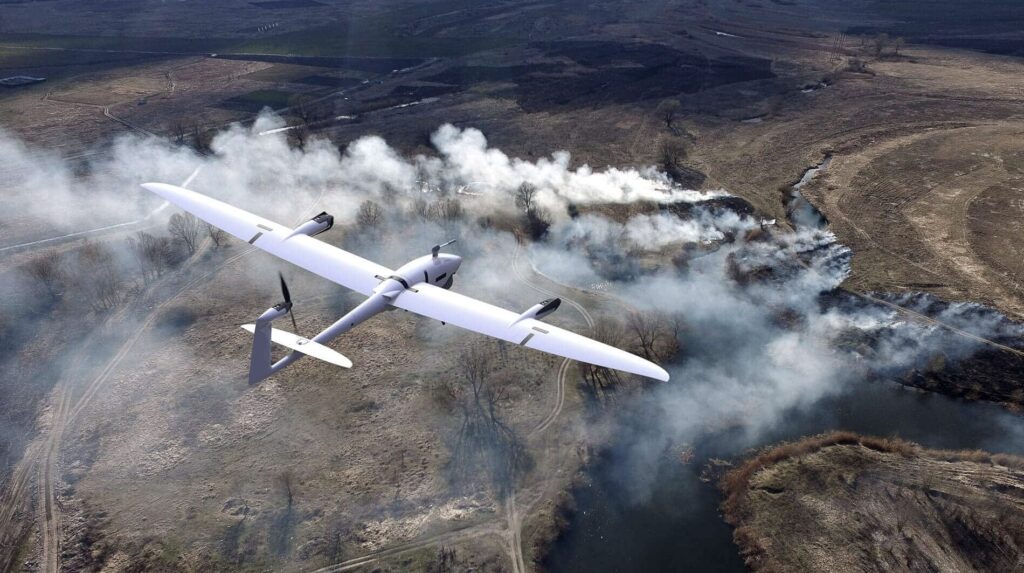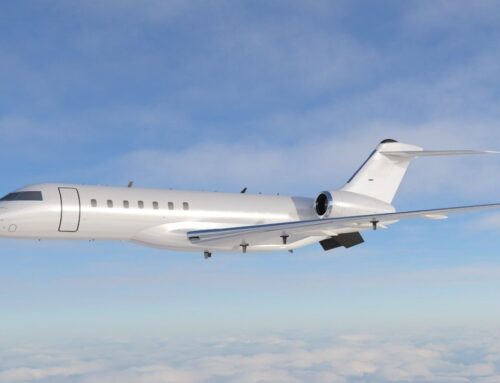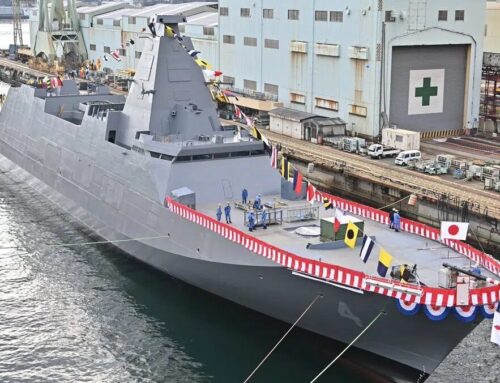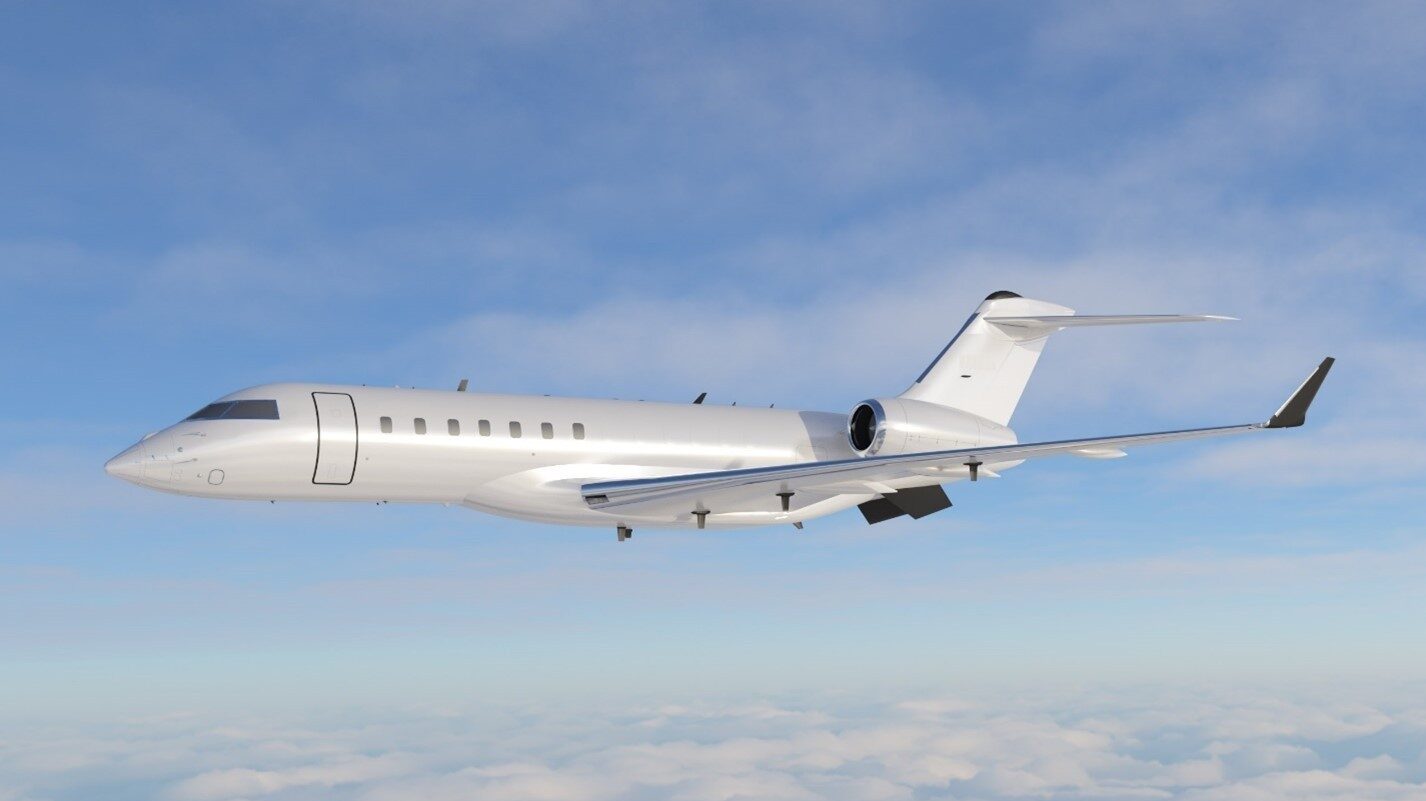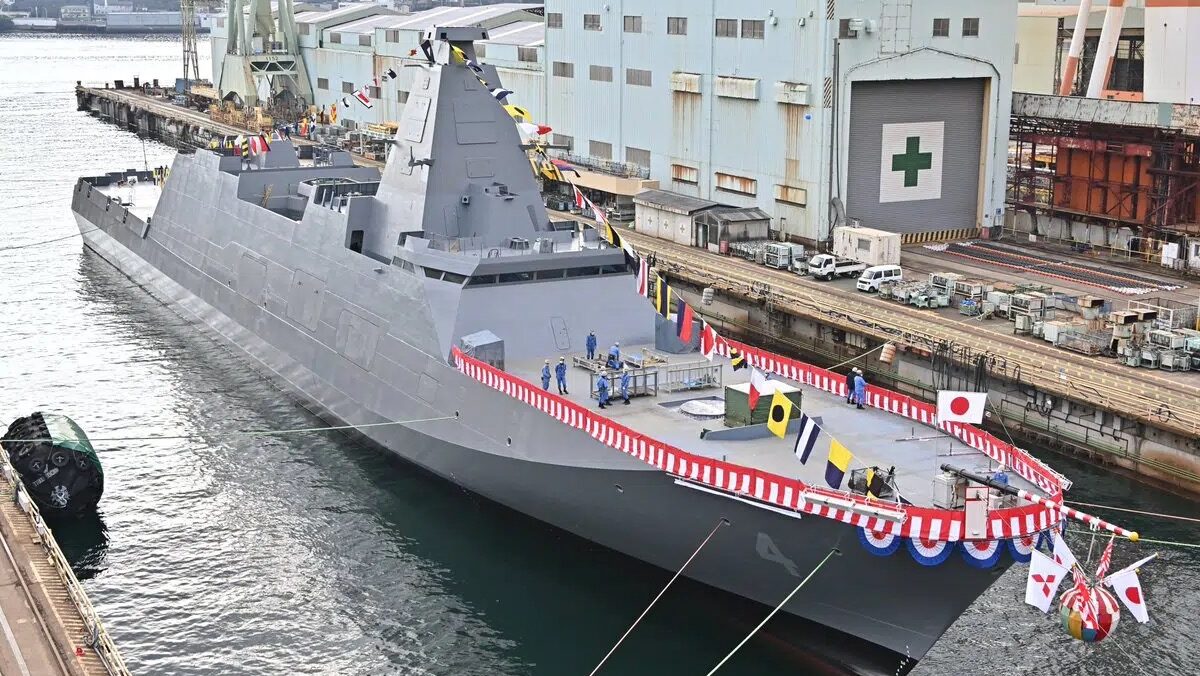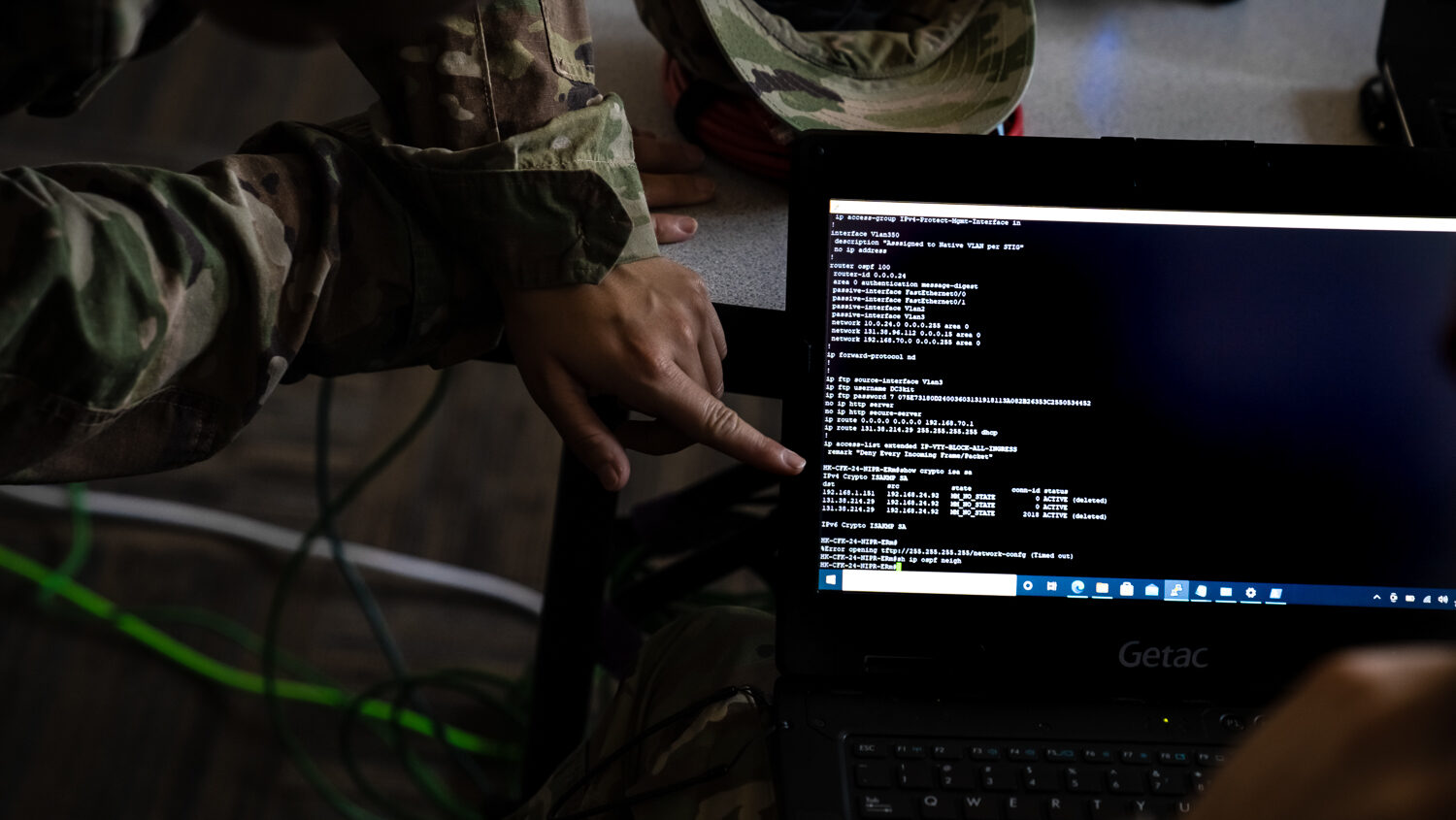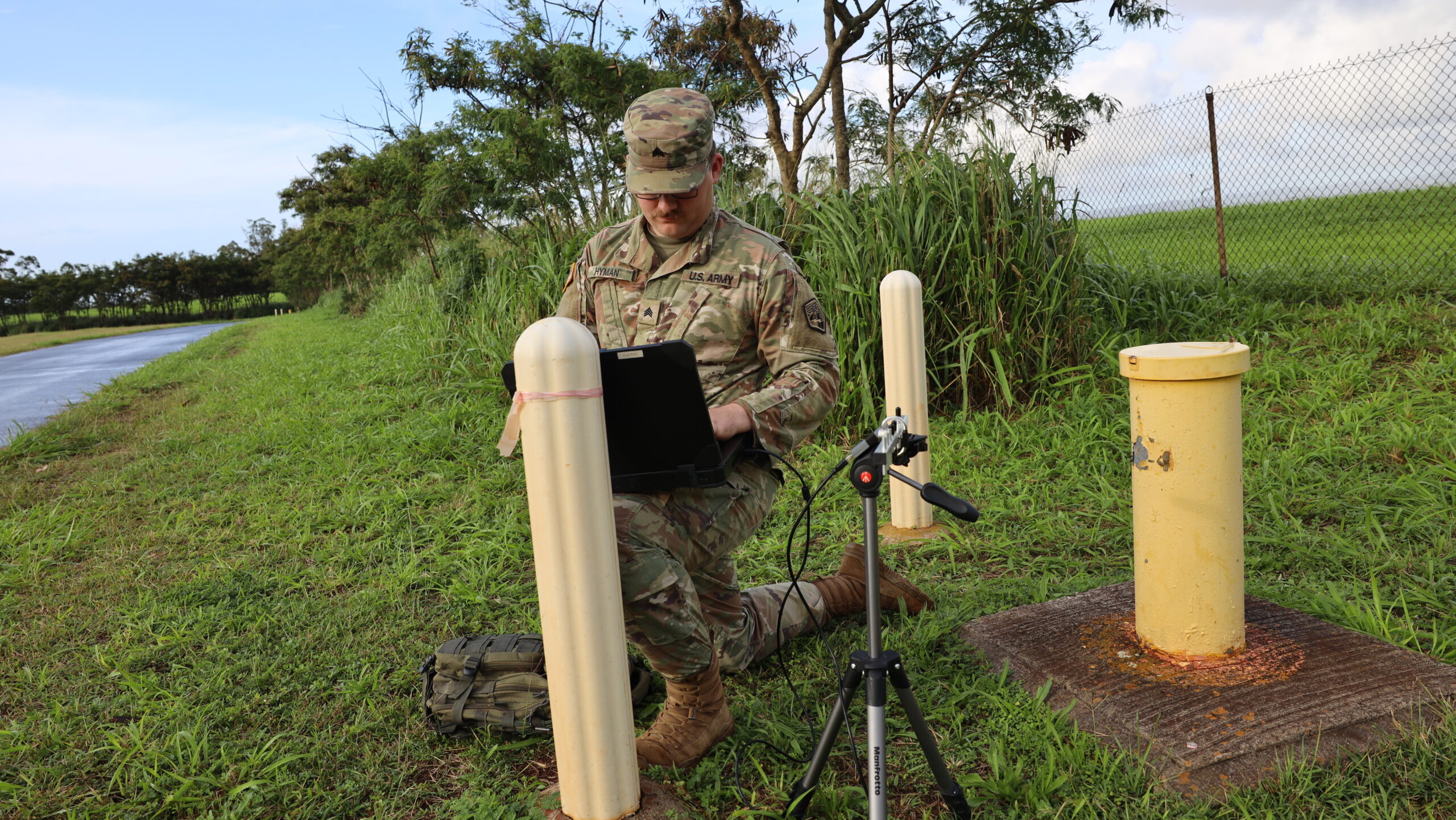Quantum Systems Vector drone. (Quantum Systems)
ADELAIDE — With a keen eye on the world’s changing battlefields, the Australian military has decided to spend $140 million AUD ($94.9 million USD) buying dozens of two different tactical drones, German-made Vector and locally produced CorvoX systems.
The minister for defense procurement, Pat Conroy, held a press conference where he made clear the investment in over 100 drones is part of a larger effort to equip Aussie troops with autonomous drone systems. Conroy was flanked by Gen. Richard Vagg, head of Land Capability, and Gen. Jeremy King, head of Joint Aviation Systems.
“Both systems will be deployed next year for the ADF, again demonstrating the speed to capability that the Albanese Labor Government is committed to in our defence force,” Conroy said in Melbourne. “They complement other recent announcements we’ve made on other capabilities, whether it’s last week’s announcement of a loitering munition, the further investment in the Ghost Bat, a Loyal Wingman-style cooperative combat aircraft, or our record commitment in Ghost Shark, an extra-large autonomous underwater vessel.” Australia plans to spend at least $690 million on tactical drones for its army.
The CorvoX VTOL tactical drone developed and built by the Australian company SYPAQ. (Australian MoD)
The Quantum-Systems Vector, built by Quantum-Systems is electric powered, can sustain a 35-kilometer range to transmit video from an artificial intelligence-controlled eletro-optical sensor and is categorized as a mid-range drone.
The Sypaq Systems CorvoX can take off and land vertically (VTOL), features a twin-engine packable aircraft design and can carry two different sensors. It is also capable of operating in extreme weather conditions. The lightweight system relies on advanced autonomy and mesh network capabilities to feed targeting data from both electric-optical and infrared sensors.
The CorvoX is produced by the same company that provides the well-known packable cardboard tactical drone used extensively by Ukrainian forces. The two new drones will be delivered next year.
“The delivery of these uncrewed aerial systems in 2025, within a year of project approval, is a significant demonstration of Defence and industry’s strong partnership, and intent to enhance the speed at which we introduce capabilities in support of current and future Defence requirements,” Conroy said in a statement.


